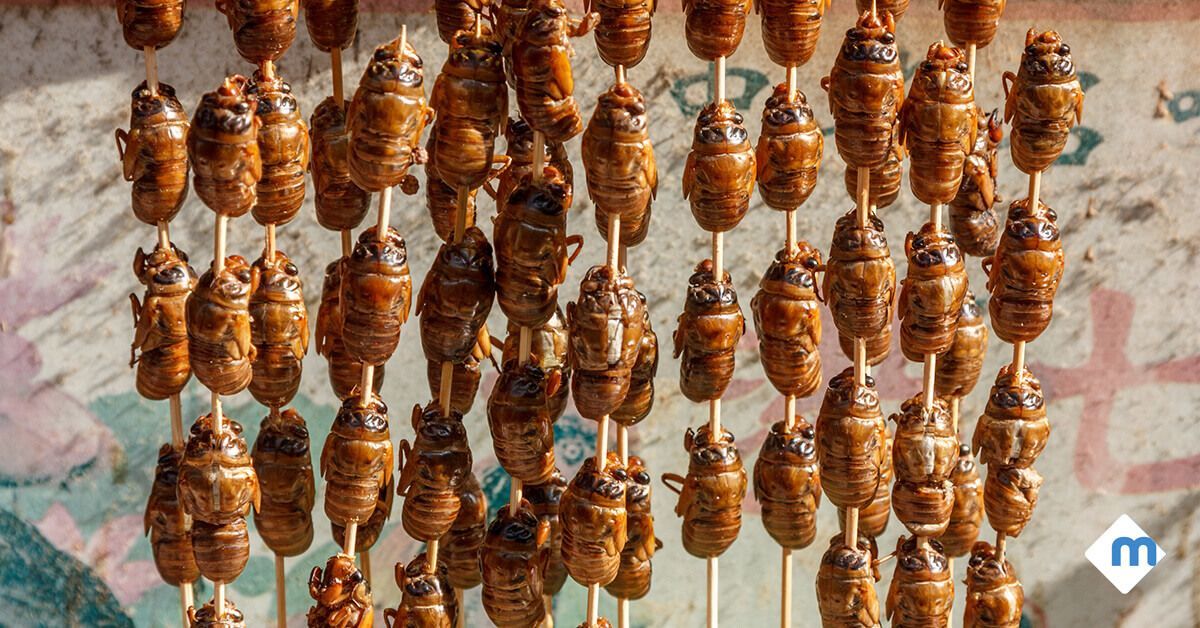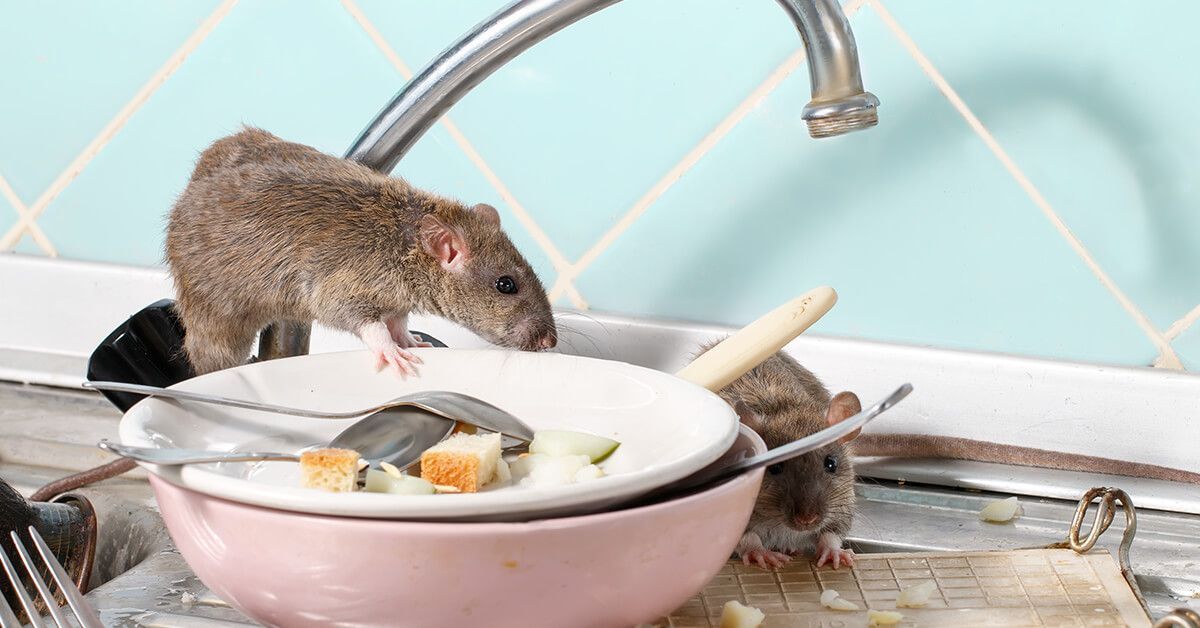Mosquitoes are not only a nuisance but can also be a serious health hazard, as they are capable of transmitting diseases such as West Nile virus, dengue fever, and Zika virus. In addition to the potential health risks, mosquito bites can cause itching and discomfort, leading many people to search for effective methods of repelling these pests. In this article, we’ll explore the most effective ways to keep mosquitoes away and prevent bites, as well as the scents that mosquitoes hate the most and the truth about various mosquito repellents.
We’ll also discuss whether mosquito bracelets are worth the investment and offer information about other pest control services provided by Local Exterminator. With the right techniques and tools, you can enjoy the outdoors without the constant annoyance of mosquitoes.
What Is The Most Effective Way To Keep Mosquitoes Away?
When it comes to keeping mosquitoes away, prevention is key. Eliminating sources of standing water where mosquitoes lay their eggs is an important step in preventing their population from growing. In addition to removing sources of standing water, there are a few other effective ways to repel mosquitoes:
USE INSECT REPELLENT
Insect repellents containing DEET, picaridin, or oil of lemon eucalyptus are effective at repelling mosquitoes. When using insect repellent, it’s important to follow the manufacturer’s instructions and reapply as needed.
WEAR PROTECTIVE CLOTHING
Wearing long-sleeved shirts and pants can help protect your skin from mosquito bites. It’s also a good idea to wear light-colored clothing, as mosquitoes are attracted to dark colors.
USE A MOSQUITO NET
Sleeping under a mosquito net can help prevent bites while you’re sleeping, especially if you’re camping or staying in an area with a high concentration of mosquitoes.
USE A FAN
Using a fan to create a breeze can help keep mosquitoes away, as they are not strong fliers and have trouble flying in wind.
By combining these methods, you can create a multi-layered approach to keep mosquitoes away and prevent bites.
What Smell Do Mosquitoes Hate The Most?
There are several scents that mosquitoes find unpleasant, and incorporating these scents into your environment can help repel them. Some of the most effective scents for repelling mosquitoes include:
CITRONELLA
Citronella is a well-known mosquito repellent that is often found in candles, sprays, and other products. The scent of citronella masks other scents that attract mosquitoes, making it more difficult for them to locate their targets.
PEPPERMINT
The scent of peppermint is another effective mosquito repellent. Peppermint contains menthol, which mosquitoes find unpleasant.
LAVENDER
The scent of lavender is pleasant to humans but repels mosquitoes. In addition to its mosquito-repelling properties, lavender is also known for its calming effects.
EUCALYPTUS
Eucalyptus contains compounds that are toxic to mosquitoes, making it an effective repellent. The scent of eucalyptus can be found in some insect repellent products.
LEMON
The scent of lemon is another effective mosquito repellent. You can use lemon-scented candles, sprays, or even fresh lemon slices to keep mosquitoes away.
Incorporating these scents into your environment can help keep mosquitoes away and prevent bites. However, it’s important to note that these scents are not 100% effective and should be used in conjunction with other methods of mosquito control.
NATURAL AND CHEMICAL REPELLENTS
In addition to removing standing water and using physical barriers, there are also natural and chemical repellents that can be used to keep mosquitoes at bay.
- NATURAL REPELLENTS:
- Essential Oils: Certain essential oils, such as citronella, lemon eucalyptus, and lavender, have been found to have mosquito-repelling properties. These oils can be used in diffusers or mixed with carrier oils to make a spray.
- Garlic: Garlic is known for its pungent odor, which mosquitoes dislike. Eating garlic regularly or rubbing garlic on the skin can help repel mosquitoes.
- Plants: Some plants, such as marigolds, catnip, and rosemary, have natural mosquito-repelling properties. Planting these in your yard or placing them near doors and windows can help keep mosquitoes away.
- CHEMICAL REPELLENTS:
- DEET: DEET is a common active ingredient in many mosquito repellents. It is highly effective at repelling mosquitoes but can have side effects if used in high concentrations.
- Picaridin: Picaridin is another effective chemical repellent that is less likely to cause skin irritation than DEET.
- Permethrin: Permethrin is a synthetic chemical that can be used to treat clothing and gear. It repels and kills mosquitoes on contact.
While natural repellents are generally considered safer than chemical repellents, it’s important to remember that not all natural options are effective, and some people may have allergic reactions to certain essential oils or plants. When using chemical repellents, it’s important to follow the instructions carefully and avoid using products with high concentrations of active ingredients.
Does Anything Actually Repel Mosquitoes?
There are several methods that claim to repel mosquitoes, but not all of them are equally effective. Here are some of the most common methods:
- DEET: DEET is a common ingredient in many mosquito repellents. It is a strong chemical that can be very effective at repelling mosquitoes. However, it can also be harmful to humans and the environment, so it should be used with caution.
- Citronella: Citronella is a natural oil that is derived from lemongrass. It is often used in candles, sprays, and other products to repel mosquitoes. While it can be effective for short periods of time, it is not as effective as DEET.
- Essential Oils: Some essential oils, such as lavender, peppermint, and eucalyptus, are believed to repel mosquitoes. However, the evidence is mixed, and they are generally not as effective as DEET.
- Mosquito Traps: Mosquito traps are devices that attract and trap mosquitoes. They use various methods, such as light, heat, or CO2, to attract the mosquitoes. While they can be effective at reducing the number of mosquitoes in an area, they are not as effective as repellents at preventing mosquito bites.
- Electronic repellents: Electronic mosquito repellents claim to repel mosquitoes by emitting high-frequency sounds or vibrations. However, there is little evidence to support their effectiveness.
Overall, DEET is the most effective mosquito repellent. However, it should be used with caution and in accordance with the manufacturer’s instructions. It is also important to use other methods, such as wearing long sleeves and pants, to avoid mosquito bites.
In the next section, we will explore the question of whether mosquito bracelets work.
Do Mosquito Bracelets Work?
Mosquito bracelets have become popular in recent years as an alternative to traditional insect repellents. These bracelets are usually made of silicone or another flexible material and contain essential oils such as citronella, lavender, or peppermint. The idea is that the oils will naturally repel mosquitoes, allowing the wearer to avoid being bitten.
However, the effectiveness of mosquito bracelets is questionable. While essential oils have been shown to have some repellent properties, the concentration of these oils in bracelets is often too low to have any real impact on mosquitoes. Additionally, the oils used in these bracelets may only work against certain types of mosquitoes, leaving the wearer vulnerable to other species.
Some studies have also shown that mosquito bracelets do not provide long-lasting protection and may need to be reapplied frequently to remain effective. In some cases, wearing a mosquito bracelet may even attract mosquitoes to the wearer, rather than repelling them.
Overall, it is unclear whether mosquito bracelets are a reliable method of repelling mosquitoes. While they may work for some people in certain situations, they are not a substitute for more effective mosquito control measures, such as using insect repellent sprays or eliminating standing water around your home.
In the next section, we will discuss some additional tips for keeping mosquitoes away and reducing your risk of mosquito-borne illnesses.
Keeping mosquitoes away can be a challenging task, but it is possible with the right approach. The most effective way to repel mosquitoes is by using a combination of methods such as using mosquito repellent sprays, wearing protective clothing, keeping the environment clean, and using natural repellents. Additionally, it is important to hire a professional pest control company like Local Exterminator to deal with any mosquito or other pest problems in and around your home.
While there are many products and methods that claim to repel mosquitoes, it’s important to be cautious and do your research to ensure that they are safe and effective. Some products may contain harmful chemicals that can be dangerous to you and the environment.
Remember that prevention is always better than cure, so take steps to keep your surroundings clean and eliminate any standing water where mosquitoes can breed. With the right strategies and a little effort, you can keep mosquitoes away and enjoy a mosquito-free summer.
At Local Exterminator, we offer a range of pest control services, including mosquito control, termite control, bed bug control, rodent control, crawlspace care encapsulation, and fungus and moisture control. Contact us today for a free consultation and let us help you keep your home and family safe from pests.




